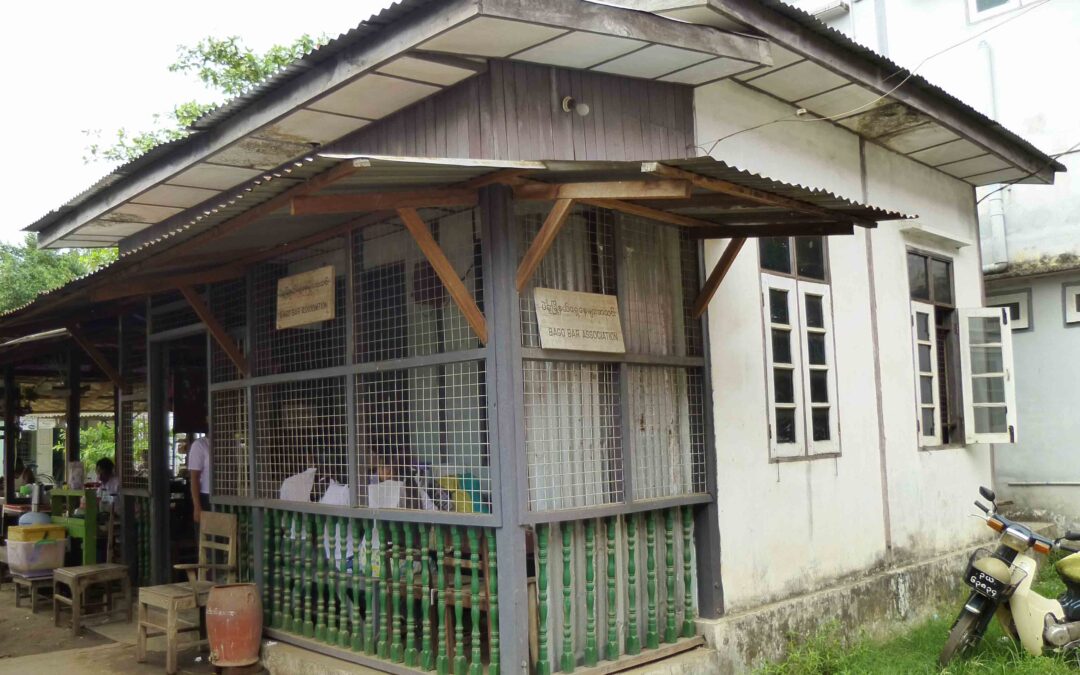
Mar 10, 2014 | Agendas, Events
This side event to the 25th Human Rights Council session will take place on Wednesday, 12 March 2014, 16.00 – 18.00 pm, in Geneva, Palais des Nations, Room XXII.
The members of this panel are in a unique position to highlight on-going challenges to the rule of law in Myanmar and their impact on the enjoyment of human rights.
They will provide personal insight into the important international presence for human rights monitoring, practical challenges facing lawyers concerning the rule of law, and link these issues to sustainable economic development on the ground in Myanmar today.
This panel argues that it is crucial to maintain a robust engagement with the UN human rights mechanisms in order to support and facilitate the reform process in Myanmar and improve the country’s human rights situation.
Speakers:
Tomás Ojea Quintana, UN Special Rapporteur on the situation of human rights in Myanmar
Kyaw Min San, Myanmar lawyer, Pyoe Pin and Justice For All
Daniel Aguirre, International Commission of Jurists, Myanmar
Chair/moderator:
Carlos Lopez, International Commission of Jurists
The presentations by panellists will be followed by an open interaction with the audience. Copies of the recent ICJ report Right to Counsel: The Independence of Lawyers in Myanmar will be available.
Myanmar – HRC25 Side event – March 2014
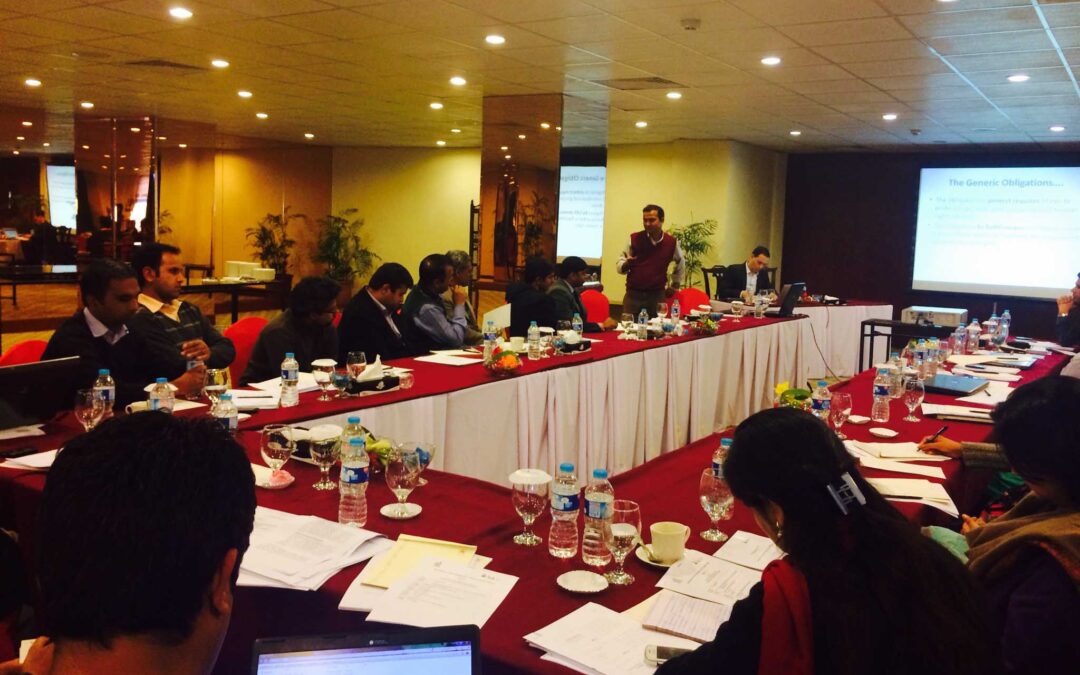
Feb 24, 2014 | Events, Training modules
In partnership with the Human Rights Commission of Pakistan (HRCP), the ICJ conducted two-day workshops on NGO engagement with the United Nations, held in Pakistan on 18-19 and 21-22 February 2014.
The workshops, held in Lahore and Islamabad, focused on enhancing the meaningful participation of national NGOs with the UN human rights system. Participants included representatives from civil society working on a wide range of human rights issues, including enforced disappearances, education, violence against women and child rights.
Drawing from experiences of ICJ staff and participants, the workshops considered how international advocacy and engagement with the UN can benefit NGOs and addressed:
- The nature of international human rights law;
- State obligations under international human rights law;
- The UN human rights system;
- The Universal Periodic Review mechanism;
- The UN Special Procedures and the making of individual complaints to them;
- The UN Treaty Bodies, individual complaints and periodic reporting; and
- Documenting human rights violations.
Background materials on the Universal Periodic Review: (ENG) and (URDU)
Background materials on the UN Special Procedures: (ENG) and (URDU)
Background materials on the core functions of the UN Treaty Bodies: (ENG) and (URDU)
BAckground materials on periodic reporting to the UN Treaty Bodies: (ENG) and (URDU)
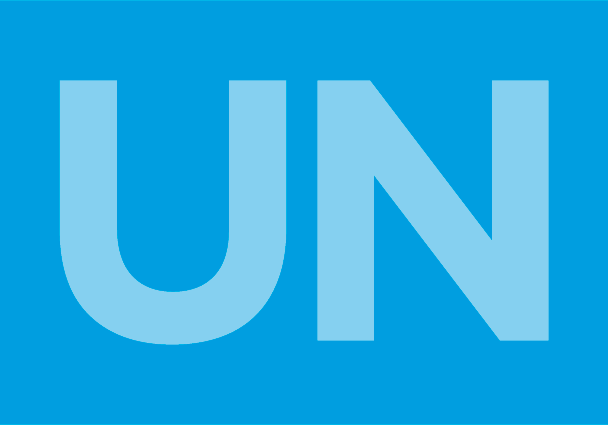
Aug 22, 2013 | Advocacy, Non-legal submissions
With other nongovernmental organizations, the ICJ calls on the Human Rights Council to select candidates for Special Procedure mandates on the basis of technical, professional and other objective requirements.
Ahead of the 24th session of the Human Rights Council (9 to 27 September 2013), several NGOs, including the ICJ, today joined in submitting written statements to the UN concerning the selection of candidates for membership in the Working Group on Arbitrary Detention and the Working Group on Enforced and Involuntary Disappearances and for the mandate-holder of the Special Rapporteur on the situation of human rights defenders. The statements identify a checklist intended as an interpretive aid for the selection of candidates based on qualifications and skills; relevant expertise; established competence; and flexibility and availability of time.
HRC24-JointWrittenStatement-SelectionCriteriaWGAD-NonLegalSubmission-2013 (download full statement concerning selection criteria for the Working Group on Arbitrary Detention)
HRC24-JointWrittenStatement-SelectionCriteriaWGEID-NonLegalSubmission-2013 (download full statement concerning selection criteria for the Working Group on Enforced and Involuntary Disappearances)
HRC24-JointWrittenStatement-SelectionCriteriaSRHRDs-NonLegalSubmission-2013 (download full statement concerning selection criteria for the Special Rapporteur on the situation of human rights defenders)
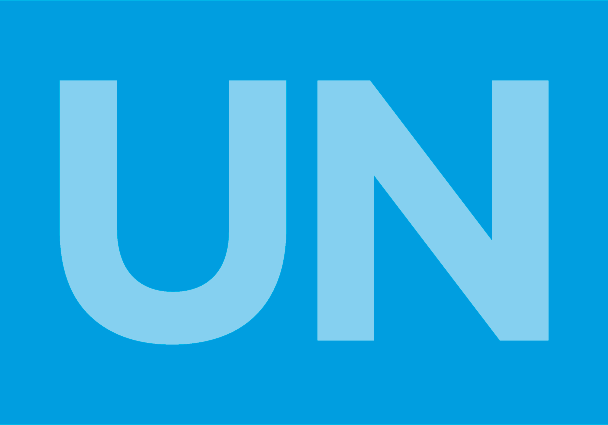
Jun 14, 2012 | Advocacy, Non-legal submissions
 The ICJ, together with 21 other nongovernmental organisations, today participated in the 19th Annual Meeting of the Human Rights Council Special Procedures.
The ICJ, together with 21 other nongovernmental organisations, today participated in the 19th Annual Meeting of the Human Rights Council Special Procedures.
Following up on a joint NGO statement from the 18th Annual Meeting of the Special Procedures in 2011, the group of NGOs welcomed recent positive developments and raised certain issues for particular attention and discussion regarding the work and functioning of the Special Procedures.
HRC-SpecialProcedures-NGOJointLetter-non-legal submission (2012) (download joint letter in PDF)
ICJ-SP-AM19-OralStatement-non-legal submission (2012) (download ICJ oral statement in PDF)
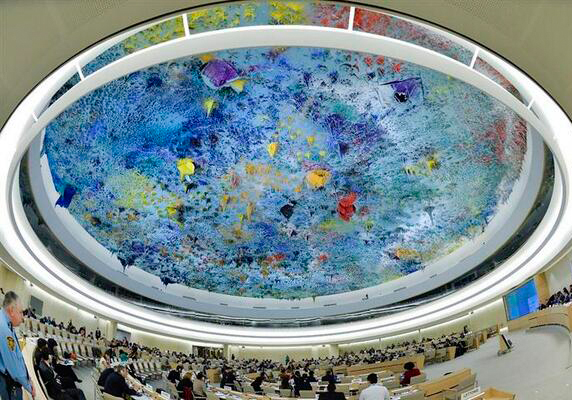
Jun 11, 2012 | Advocacy, Non-legal submissions
The ICJ, together with other NGOs, submitted four documents and oral statements to the 19th Annual Meeting of the Special Procedures of the Human Rights Council.
From 11 to 15 June 2012, the Special Procedures of the Human Rights Council will undertake its 19th Annual Meeting. On behalf of 22 non-governmental organisations, the ICJ addressed an open letter dated 1 June 2012 to the Coordination Committee of the Special Procedures. Building on a Joint Statement produced following the 18th Annual Meeting in 2011, the letter welcomes some positive developments and initiatives, and provides comments or suggestions for improvement on the following topics:
- the communications reports of the Special Procedures;
- the handling of urgent appeals and individual communications;
- non-cooperation by States;
- reprisals against persons who cooperate with the UN;
- the OHCHR compilation of UN information for the Universal Periodic Review;
- NGO briefings conducted in the margins of Human Rights Council sessions; and
- the Special Procedures “facts and figures”.
In an oral statement during the Annual Meeting, the ICJ also drew attention to the recently elaborated Maastricht Principles on Extraterritorial Obligations of States in the area of Economic, Social and Cultural Rights.










